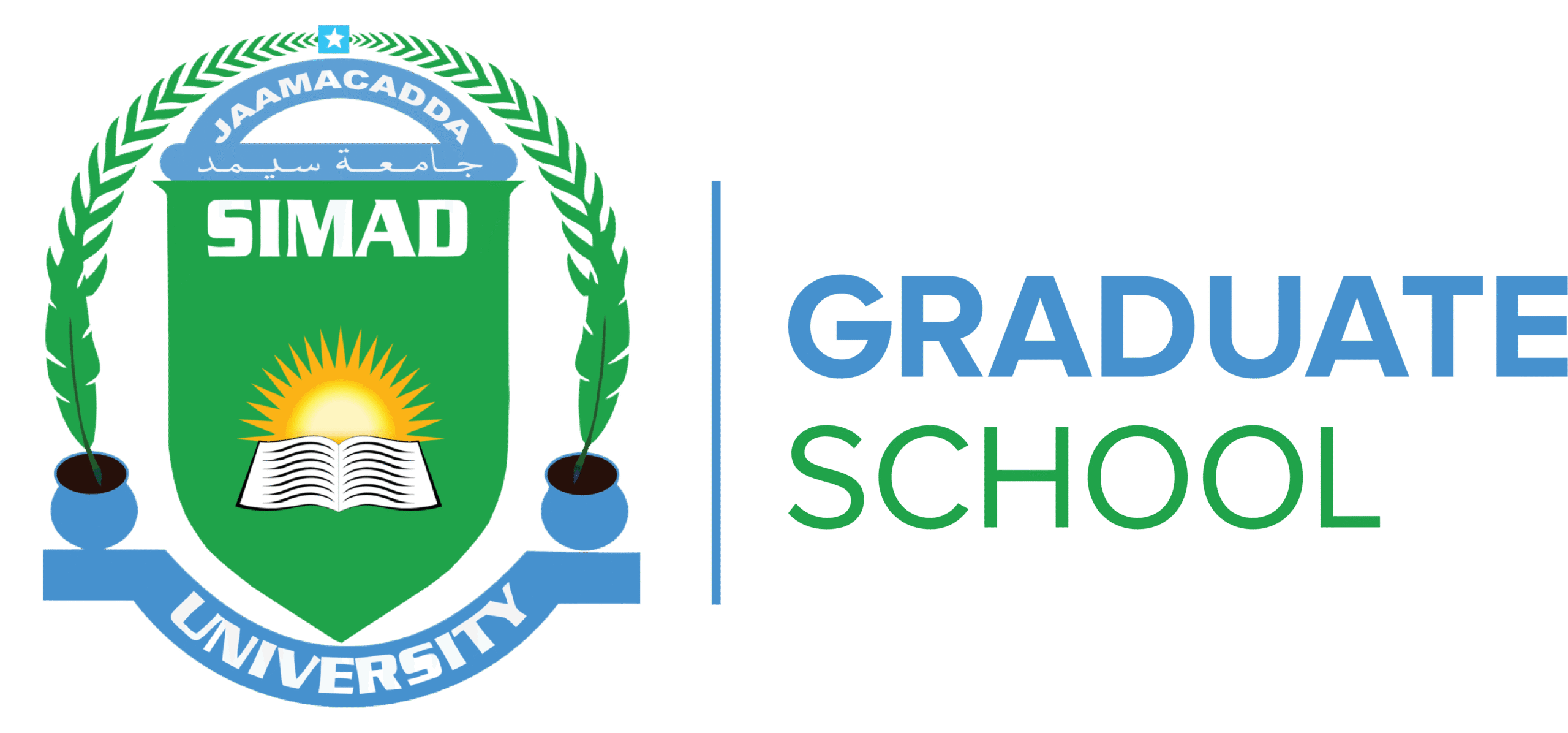Home
Programs
Master of Arts in International Relations and Diplomacy
Master of Arts in International Relations and Diplomacy
The Master of Arts in International Relations and Diplomacy (MIRD) prepares graduates for policy, diplomatic, and analytical roles across foreign services, international organizations, NGOs, multinational firms, and media.

Introduction
The Master of Arts in International Relations and Diplomacy (MIRD) prepares graduates for policy, diplomatic, and analytical roles across foreign services, international organizations, NGOs, multinational firms, and media. The program integrates political science, international relations theory, negotiation, law, security, and area studies with research training and a capstone dissertation. It is designed for Somali and international contexts, equipping students to interpret global interdependence and advance Somalia’s interests within regional and multilateral arenas. Total program workload is 42 credits, combining taught courses and a two-part master project.
Specific Objectives
Graduates will be able to:
- Explain core theories of international relations and diplomacy and apply them to current global issues.
- Analyze the international political economy, international law, security dynamics, and environmental governance.
- Compare political systems and foreign policies, including Somali foreign policy and the Horn of Africa.
- Communicate professionally in one regional language (Arabic, Kiswahili, or French) for diplomatic engagement.
- Design and execute independent research culminating in a master’s dissertation and viva.
Expected Learning Outcomes
By completion, graduates will:
- Demonstrate advanced knowledge of IR theory, international organizations, and diplomatic systems.
- Interpret treaties and norms of international law and assess compliance/enforcement issues.
- Evaluate conflict drivers and peacebuilding strategies; appraise security threats and responses.
- Assess trade, finance, and development linkages in the international political economy.
- Analyze comparative politics and foreign policy (global and Somali).
- Apply research methods to gather, analyze, and present evidence for policy and scholarly audiences.
- Communicate persuasively in writing, orally, and (where relevant) in a regional language.
Human Resources and Facilities
Teaching combines theoretical and practical training in IR and diplomacy, delivered by faculty across international relations, political science, law, and area studies. Learning is supported by seminars, language study, and supervised research leading to publication and viva. University services include graduate advising and library holdings that underpin coursework and thesis research.
Exam Regulations
Assessment emphasizes both continuous learning and summative evaluation. Typical components and indicative weight ranges include participation (5–10%), assignments (15–20%), group projects/presentations (15–25%), case analyses (10–15%), and final examinations (20–30%). The capstone/research component is assessed independently (100% of its 6 credits). Many course outlines specify that students must pass both midterm/continuous assessment and the final exam to pass the course (commonly 60% coursework, 40% final). Progression follows successful completion of semester requirements and maintenance of satisfactory standing per university policy.
Award of the Degree
The Master of Arts in International Relations and Diplomacy is conferred upon successful completion of 42 credits (including all core courses, the two-part Master Project, publication requirement, and viva) and compliance with university graduation regulations.
The Master of Arts in International Relations and Diplomacy (MIRD) prepares graduates for policy, diplomatic, and analytical roles across foreign services, international organizations, NGOs, multinational firms, and media. The program integrates political science, international relations theory, negotiation, law, security, and area studies with research training and a capstone dissertation. It is designed for Somali and international contexts, equipping students to interpret global interdependence and advance Somalia’s interests within regional and multilateral arenas. Total program workload is 42 credits, combining taught courses and a two-part master project.
Study Programs
Code | Course | Cr |
MIRDC3001 | Introduction to International Relations | 3 |
MIRDC3002 | International Organizations & Diplomacy | 3 |
MIRDC3003 | International Political Economy | 3 |
MIRDC3004 | International Relations Theory | 3 |
MIRDC3005 | Peace & Conflict Resolution | 3 |
MIRDC3006 | International Law | 3 |
MIRDC3007 | Comparative Politics & Foreign Policy Analysis | 3 |
— | International Security | 3 |
MIRDC3008 | Regional Language (Kiswahili/Arabic/French) | 3 |
MIRDC3009 | Somali Foreign Policy | 3 |
MIRDC3010 | Global Environmental Politics | 3 |
MIRDC3011 | Research Methods in International Relations | 3 |
MIRDC3012 | IR of the Horn of Africa | 3 |
MIRDC3013 | History & Politics in the Middle East | 3 |
MIRP4001 | Dissertation | 12 |
Program Total | 42 | |
Applicants must:
- Hold a recognized bachelor’s degree in business, economics, or a related field (minimum GPA 2.5).
- Provide evidence of professional experience (preferred but not mandatory).
- Semester Fees: USD 475
- Tuition Fees: USD 2,850 for two years
- The school has three intakes
- January, May, September
